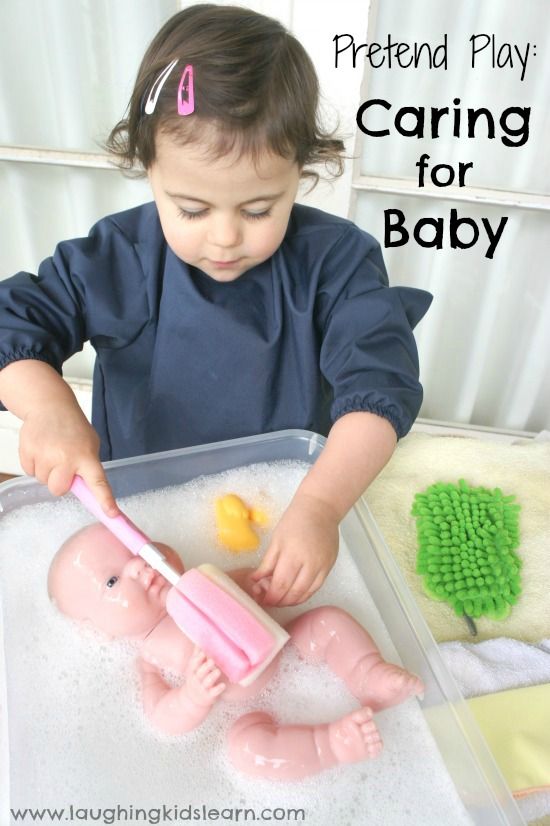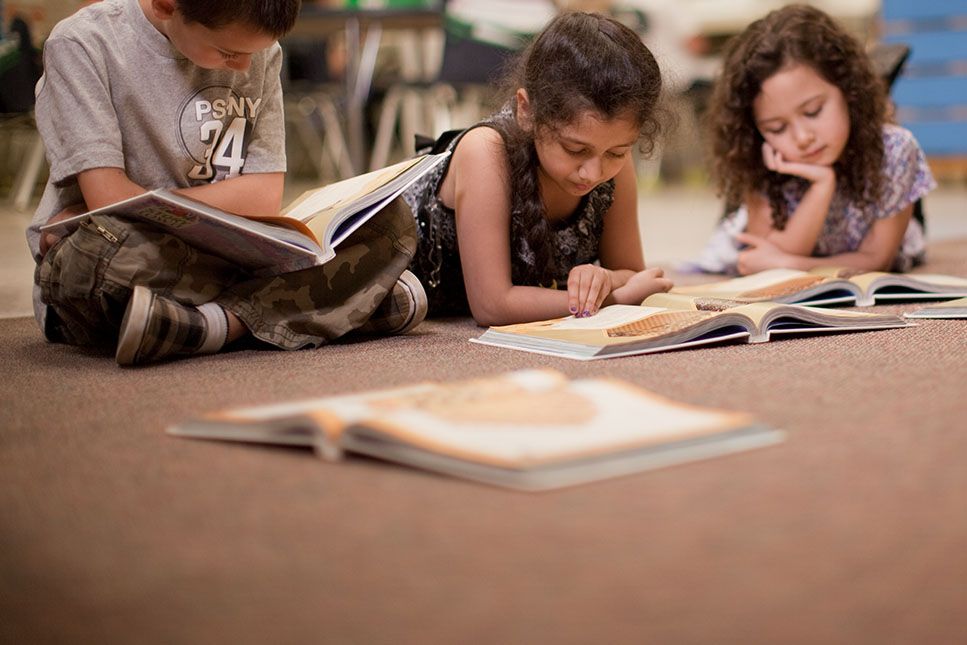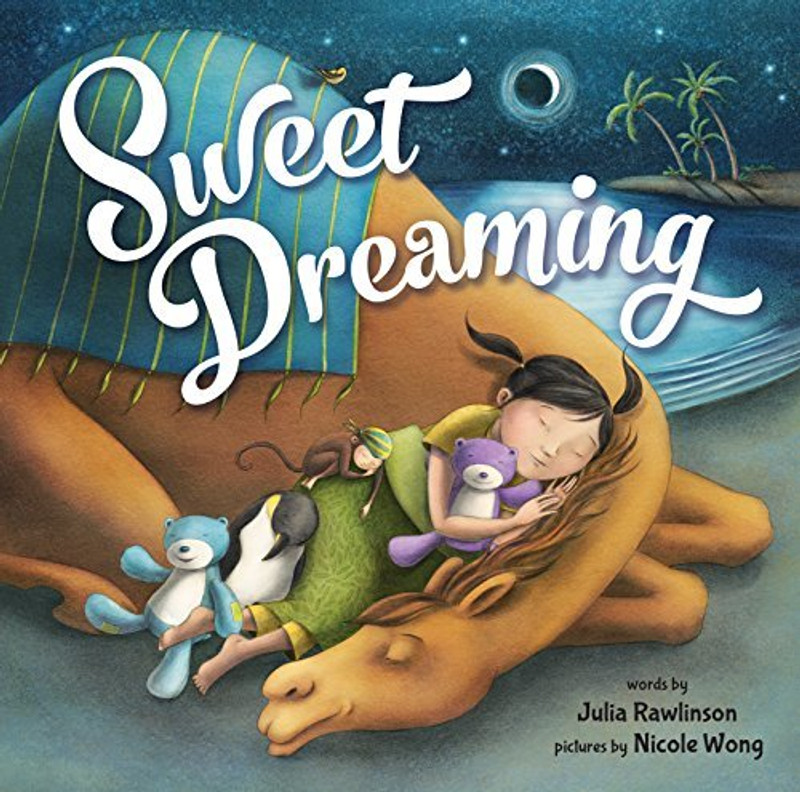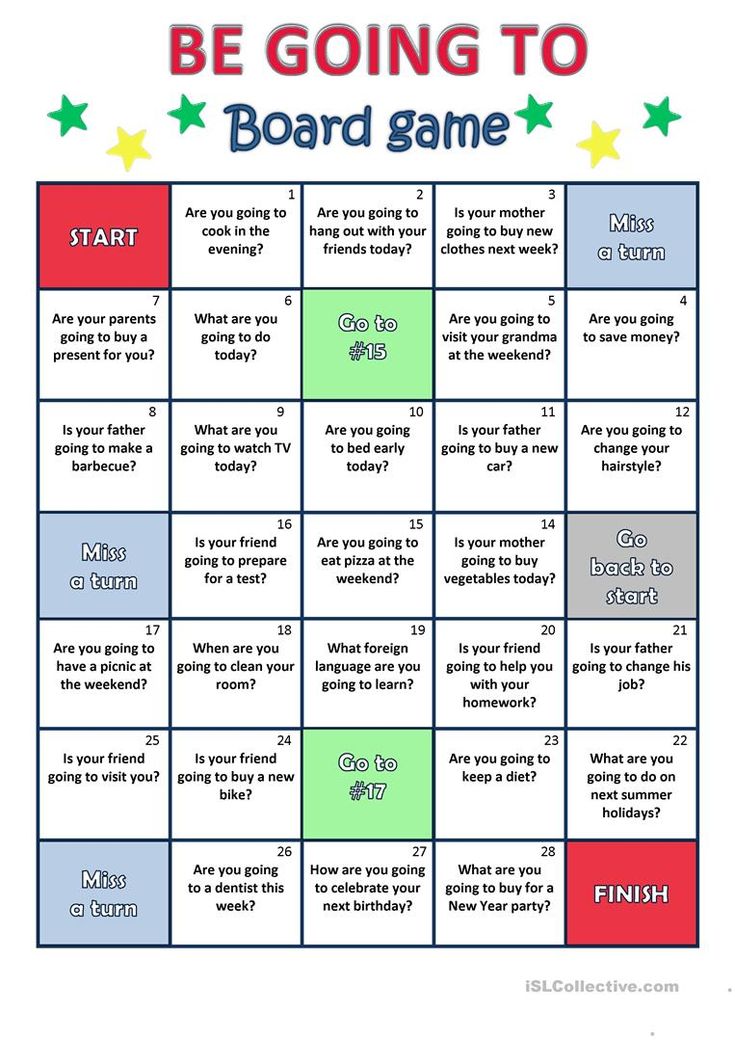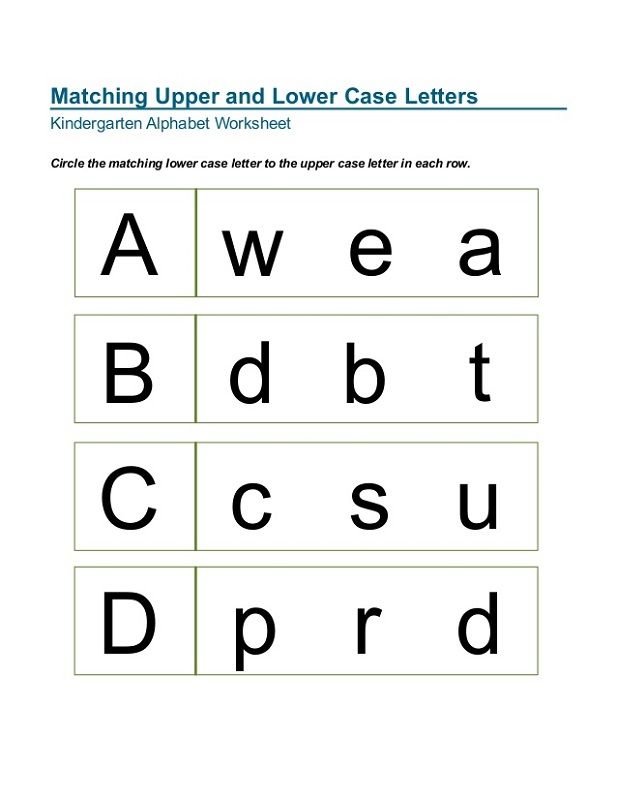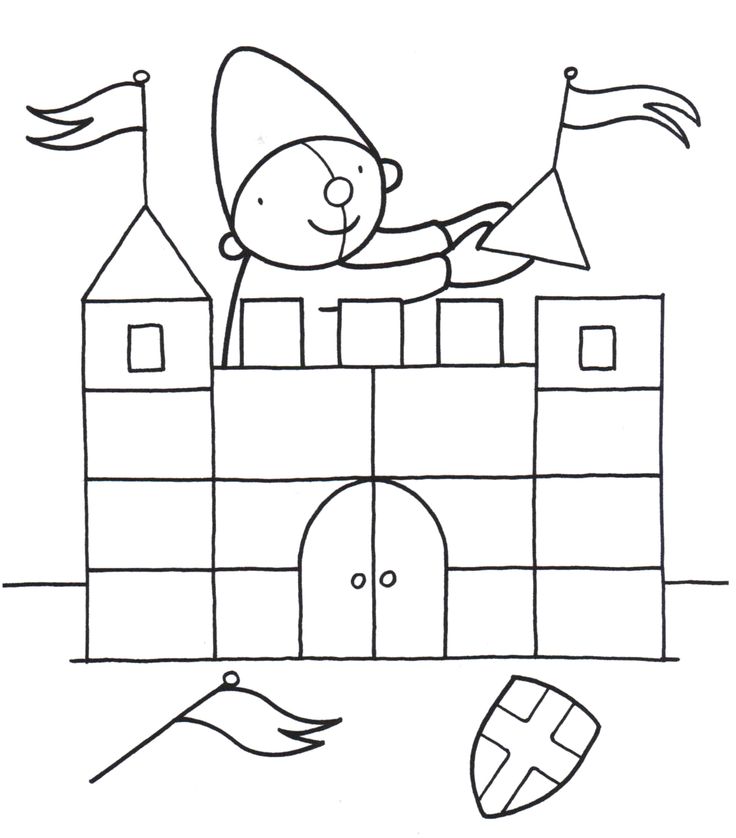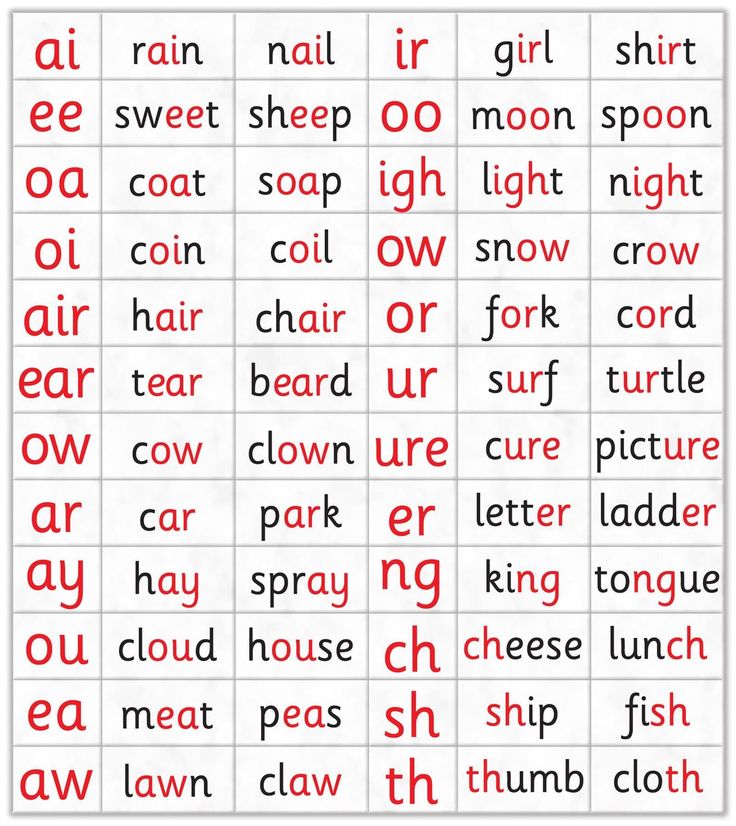What is pretend play
Pretend Play
Pretend play is a form of symbolic play where children use objects, actions or ideas to represent other objects, actions, or ideas using their imaginations to assign roles to inanimate objects or people.
Toddlers begin to develop their imaginations, with sticks becoming boats and brooms becoming horses. Their play is mostly solitary, assigning roles to inanimate objects like their dolls and teddy bears.1
Preschoolers, from ages 3 to 5 years, are more capable of imagining roles behind their pretend play. Their play becomes more social, and they enjoy make-believe play. They assign roles to themselves and others involving several sequenced steps often with a predetermined plan, like pretending to be at the doctor’s office or having a tea party.2
Research inspired by Jean Piaget produced the following descriptive progression of pretend play:
- Single pretend transformation toward self (with toys that resemble real objects): The child hugs a doll or toy animal; the child pretends to eat toy food.
- Object is pretend agent (with toys that resemble real objects, object is treated as if it acts): The child has a doll act as if it is eating toy food.
- Single pretend transformation (with toys that have no resemblance to real objects): The child creates a bed out of building blocks; the child forms a pancake from molding clay.
- Pretend role (with toys associated with a role that resemble real objects): The child pretends to be a cook with toy food; the child pretends to be a policeman with a toy badge and a toy car.
- Multiple pretend role transformations (with toys that resemble real-world objects): The child takes roles, such as doctor, patient, and nurse while playing with dolls or toy animals.
- Pretend role (without the support of toys that resemble real objects): With blocks or molding clay, the child constructs the objects needed for the pretend setting, such as a farm with blocks and farm animals from the molding clay.
- Multiple pretend roles (with toys that resemble real-world objects): A group of children use doctor’s office toys and play roles as doctor, patient, and nurse.

- Multiple pretend roles (without toys that resemble real objects): Children use blocks or molding clay to create the pretend setting and designate roles to enact.3
As children advance linguistically, cognitively, and socially, their play begins to include fantasy, drama, and imitation. Dramatic play is where a child pretends to take on a role of someone else, imitating actions and speech from an earlier observed situation. When another person becomes involved in the play, it is called sociodramatic play. Sociodramatic play is the most advanced form of symbolic play and requires the use of imagination to carry out their roles.4 Children learn skills in negotiation, listening, sharing, taking turns, and respecting others’ feelings, thoughts, ideas, and physical space through sociodramatic play.5
Parents, day care centers, and schools can enhance the child’s ability to play make-believe by providing loose parts that have more than one purpose, such as building blocks, boxes and nonrealistic materials that can be imagined symbolically as other objects.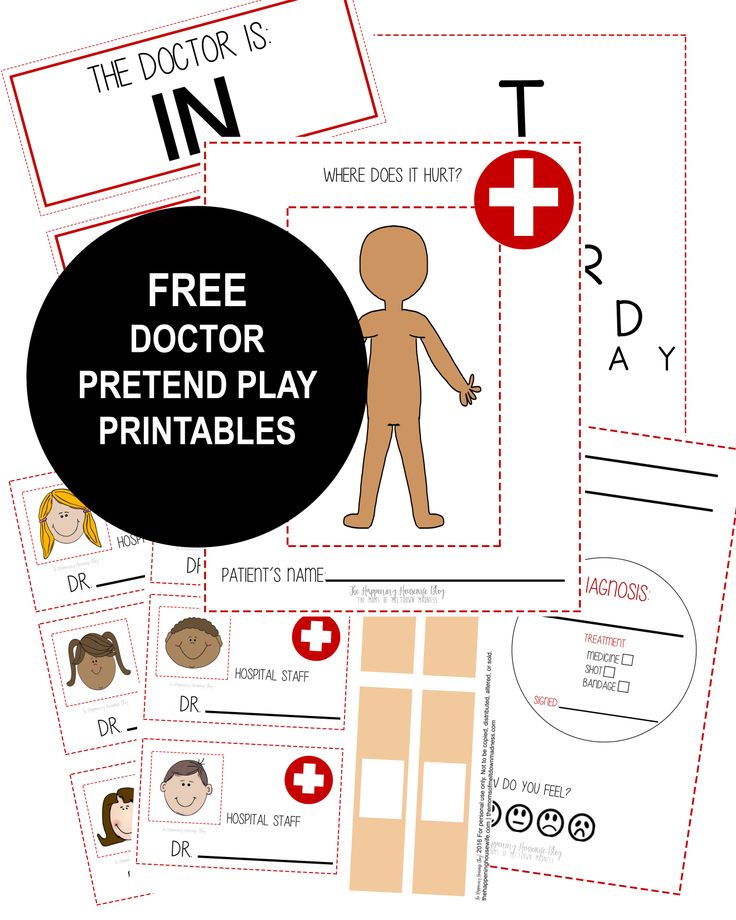 Costumes, props, and themed settings, such as play grocery stores or doll houses, all allow for pretend play.6
Costumes, props, and themed settings, such as play grocery stores or doll houses, all allow for pretend play.6
Outdoor play on playgrounds enhances motor development and social skills that allow for fuller expression and freedom through active movement and loud talk. The outdoor environment offers greater availability of low-structured, non-realistic, natural materials, and spaciousness that encourages pretend play. Boys engage in more dramatic play and girls are more assertive when playing outdoors.7
New innovative playgrounds are being designed that greatly encourage make-believe play. Old West towns, forts, castles, pirate ships, rescue fire trucks, trains, and space ships are some of the themes built into today’s playgrounds.8 Slides, fire poles, overhead ladders, climbers, bridges, and spring rockers all promote pretend play as well as decks, roofs, tunnels, talk tubes, and bubble panels. Platforms with window and door cutouts create places for children to engage in pretend play.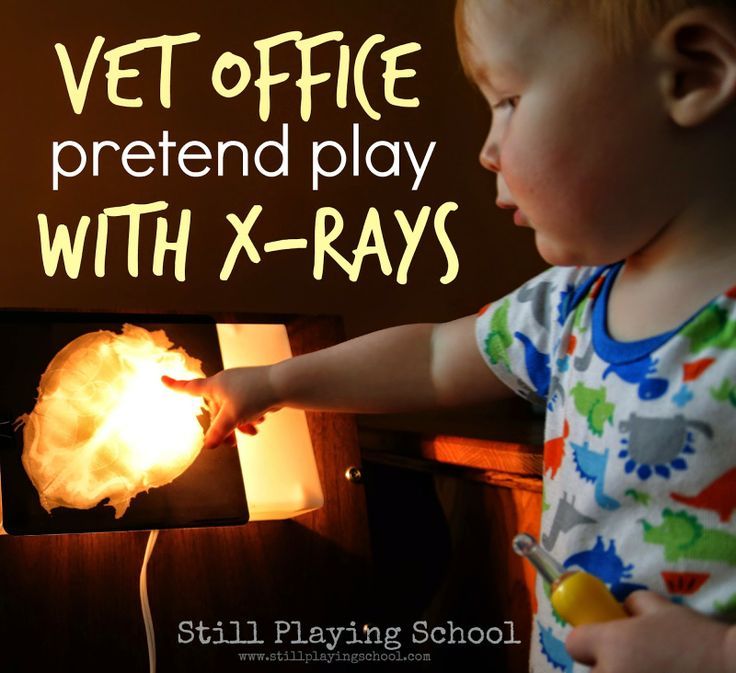 9
9
- 1. Frost, Joe L., Pei-San Brown, John A. Sutterby, Candra D. Thornton, The Developmental Benefits of Playgrounds Olney, MD: Association for Childhood Education International, 2004. p. 23.
- 2. Ibid., p. 24.
- 3. Frost, Joe L., Sue Wortham, and Stuart Reifel. Play and Child Development. Upper Saddle Valley, NJ: Prentice-Hall, 2001. p.48.
- 4. Ibid. p. 186.
- 5. Op. cit., Frost, Brown, Sutterby, Thornton. pp. 24-25.
- 6. Trawick-Smith, Jeffrey. “Symbolic Thought: Play, Language, and Literacy in the Preschool Years” Early Childhood Development: A Multicultural Perspective, 3rd ed., Prentice Hall. 20 Aug 2010.
- 7. Op. cit., Frost, Wortham, Reifel. pp. 430-431.
- 8. “Themes.” Landscape Structures. 20 Aug 2010.
- 9. Brown, Pei-San, John Sutterby, and Candra Thornton. “Dramatic Play in Outdoor Play Environments.” PTO Today. 23 Aug. 2010.
The Importance of Pretend Play
Young children learn by imagining and doing.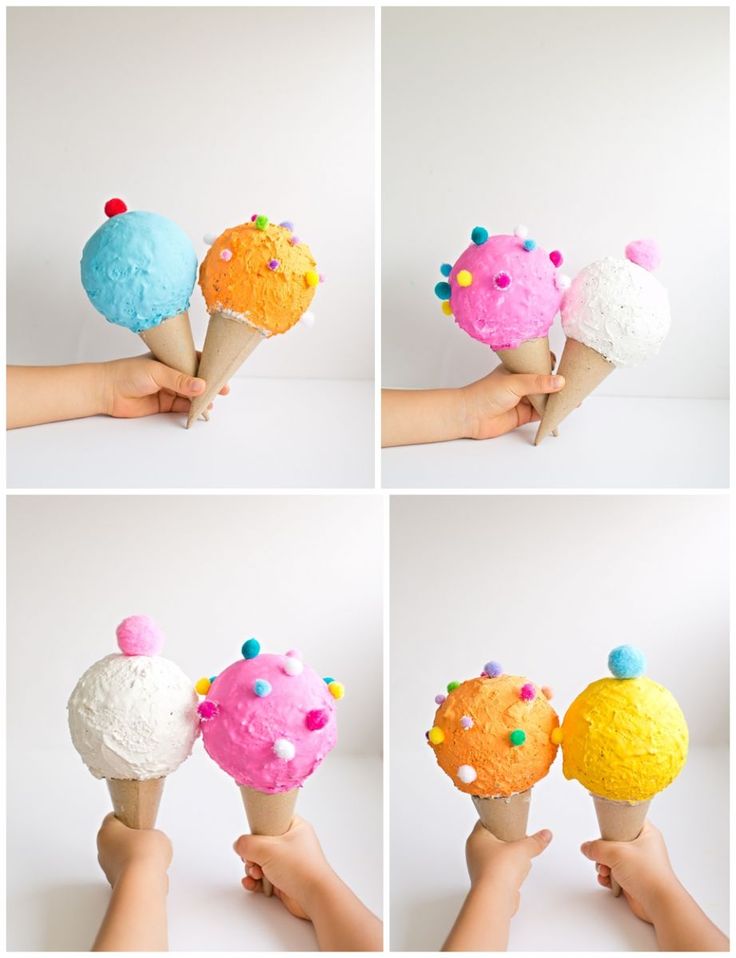 Have you ever watched your child pick up a stone and pretend it is a zooming car, or hop a Lego across the table as if it were a person or a bunny? Your child is using an object to represent something else while giving it action and motion. But this pretend play is not as simple as it may seem. The process of pretending builds skills in many essential developmental areas.
Have you ever watched your child pick up a stone and pretend it is a zooming car, or hop a Lego across the table as if it were a person or a bunny? Your child is using an object to represent something else while giving it action and motion. But this pretend play is not as simple as it may seem. The process of pretending builds skills in many essential developmental areas.
Language Skills
Have you ever listened in as your child engages in imaginary play with his toys or friends? You will probably hear some words and phrases you never thought he knew! In fact, we often hear our own words reflected in the play of children. Kids can do a perfect imitation of mom, dad, and the teacher! Pretend play helps your child understand the power of language. In addition, by pretend playing with others, he learns that words give him the means to reenact a story or organize play. This process helps your child to make the connection between spoken and written language — a skill that will later help him learn to read.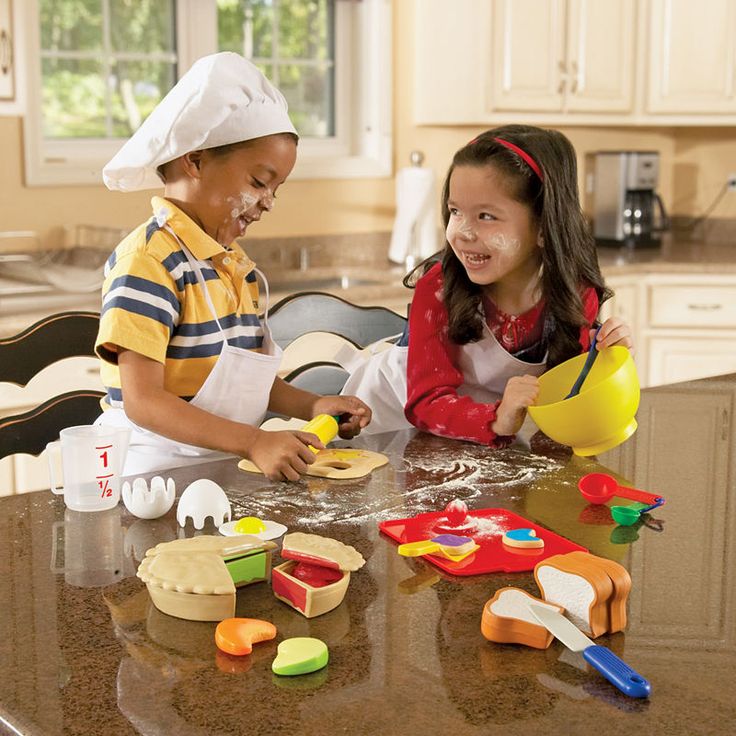
Want even more book and reading ideas? Sign up for our Scholastic Parents newsletter.
Social and Emotional Skills
When your child engages in pretend (or dramatic) play, he is actively experimenting with the social and emotional roles of life. Through cooperative play, he learns how to take turns, share responsibility, and creatively problem-solve. When your child pretends to be different characters, he has the experience of "walking in someone else's shoes," which helps teach the important moral development skill of empathy. It is normal for young children to see the world from their own egocentric point of view, but through maturation and cooperative play, your child will begin to understand the feelings of others. He also builds self-esteem when he discovers he can be anything just by pretending!
Thinking Skills
Pretend play provides your child with a variety of problems to solve. Whether it's two children wanting to play the same role or searching for the just right material to make a roof for the playhouse, your child calls upon important cognitive thinking skills that he will use in every aspect of his life, now and forever.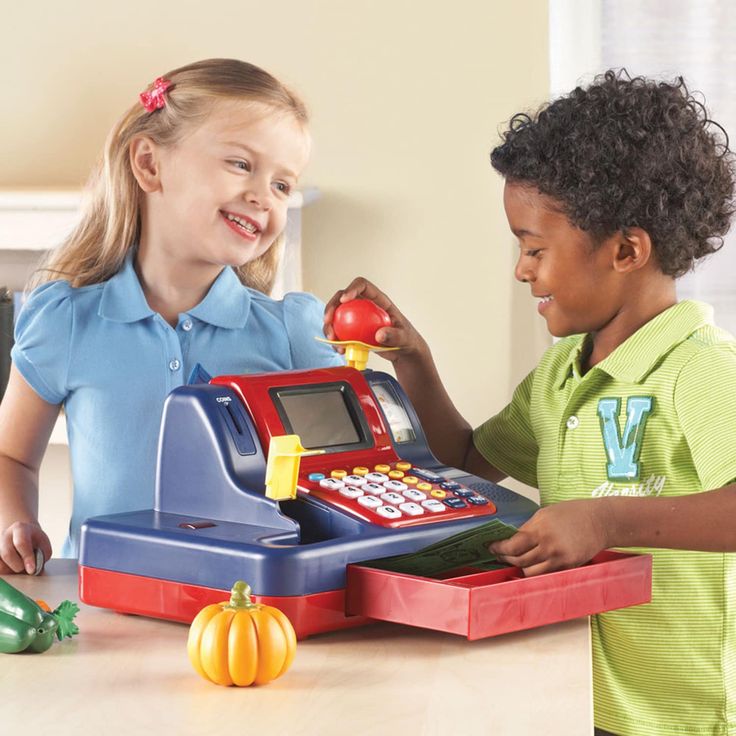
Does your child enjoy a bit of roughhousing? Great! Some researchers in early brain development believe that this sort of play helps develop the part of the brain (the frontal lobe) that regulates behavior. So instead of worrying that this type of activity will encourage him to act out or become too aggressive, be assured that within a monitored situation, roughhouse play can actually help your child learn the self-regulation skills needed to know how and when this type of play is appropriate.
Nurturing the Imagination
Not enough pretend play at your house? Consider creating a prop box or corner filled with objects to spark your preschooler's fantasy world. You might include:
- Large plastic crates, cardboard blocks, or a large, empty box for creating a "home"
- Old clothes, shoes, backpacks, hats
- Old telephones, phone books, magazines
- Cooking utensils, dishes, plastic food containers, table napkins, silk flowers
- Stuffed animals and dolls of all sizes
- Fabric pieces, blankets, or old sheets for making costumes or a fort
- Theme-appropriate materials such as postcards, used plane tickets, foreign coins, and photos for a pretend vacation trip
- Writing materials for taking phone messages, leaving notes, and making shopping lists
Raise a reader by getting the best book recommendations, reading tips, and discounts delivered straight to your inbox.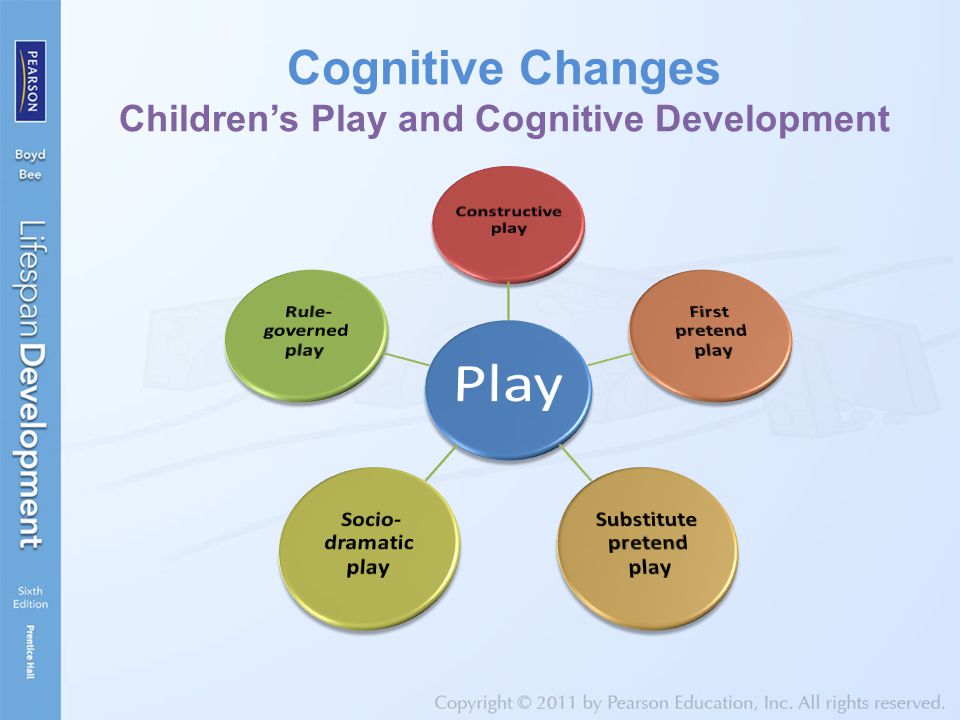
PLEASE ENTER A VALID EMAIL ADDRESS.
PLEASE SELECT A NEWSLETTER OPTION.
Preschool View Sample
Elementary School View Sample
Privacy Policy
<div><h3>Thanks for signing up! Look out for a confirmation email from us.</h3><h4>Want to connect now? Find us on social media!</h4><h3><a adhocenable="false" href="https://www. facebook.com/scholasticparents/" target="_blank"><img src="/content/dam/parents/icons/facebook.svg"></a> <a adhocenable="false" href="https://www.instagram.com/scholasticparents/" target="_blank"><img src="/content/dam/parents/icons/instagram.svg"></a> <a adhocenable="false" href="https://twitter.com/scholparents" target="_blank"><img src="/content/dam/parents/icons/twitter.svg"></a> <a adhocenable="false" href="https://www.pinterest.com/scholparents/" target="_blank"><img src="/content/dam/parents/icons/pinterest.svg"></a></h3></div>
facebook.com/scholasticparents/" target="_blank"><img src="/content/dam/parents/icons/facebook.svg"></a> <a adhocenable="false" href="https://www.instagram.com/scholasticparents/" target="_blank"><img src="/content/dam/parents/icons/instagram.svg"></a> <a adhocenable="false" href="https://twitter.com/scholparents" target="_blank"><img src="/content/dam/parents/icons/twitter.svg"></a> <a adhocenable="false" href="https://www.pinterest.com/scholparents/" target="_blank"><img src="/content/dam/parents/icons/pinterest.svg"></a></h3></div>
PRETEND | value | Small Academic Dictionary of the Russian Language
Small Academic Dictionary of the Russian Language
0-9
Interactive list. Start typing your search word.
(1)
- yes; carriers
1.
to pretend 1.
2.
Strad. to pretend.
(2)
I am, I am.
Nesov. By , pretend to be 2.
Place
What is
to pretend to , Press this, the meaning of the word Press , the origin (etymology) Place , synonyms by Place , paradigm (form forms)pretending to be
pretending,
pretended,
pretended,
pretended,
pretended,
pretended to be pretending 9000 9,0004 pretending
pretending to Efremova New Dictionary of the Russian Language. Interpretative derivational
pretense i s
1. nons.
1) Shut up, close loosely (about a door, window).
2) Suffering to verb: pretend.
2.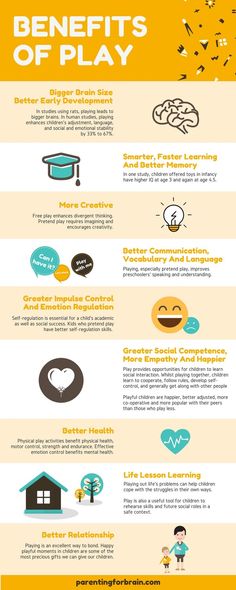 nes.
nes.
Take over to deceive, to deceive.
► synonyms for PRETEND - Dictionary of Russian synonyms
pretend, pretend, hide, introduce yourself, say, break, dissemble, cunning; impersonate, show (make) a look, take on (false appearance, appearance), wear (put on) a mask, pose (build) out of oneself, play a role, break a comedy, act, act, pretend, hypocrite, simulate, disguise; splurge, set dust (dust), force, imitate what, drape, pretend to be what, put on what, become poor, do smth. under the guise of what; suffix -nichat: to put on airs, to be generous, to be liberal, to be serious, to be indifferent, to be zealous; close up, sculpt a humpback, wear a mask, be serious, slam, slam, shut up, tell, hare bother, act, bluff, make up, mow, portray, sly, pretend to be, put on a mask, pretend, dress up in a toga, put on disguise, play a comedy, break a comedy, put on a mask, play a comedy, put on a mask, act as a hypocrite
► synonyms k PRETEND - Dictionary of Russian synonyms to close, shut up, slam shut, hide behind
► synonyms for PRETEND - Dictionary of Russian synonyms 3
Pretend, pretend, hide, introduce yourself, say, break, dissemble, cunning; impersonate, show (make) a look, take on a false appearance, wear (put on) a mask, pose (build) out of yourself, play a role, break a comedy, act, act, act, hypocrite, simulate, disguise; splurge, set dust (dust), force.
Forge someone else's signature. Draped in the toga of a magnanimous judge. "One of those people ... who drape themselves importantly in extraordinary feelings, sublime passions and exceptional suffering." Lerm. Makes himself a joke. Made a fool of myself. Pretend to be a Kazan orphan. Be poor. Take on the appearance (appearance) of oppressed innocence. To idle under the guise of humility. The tramp hid mute. heard in the verb suffix: to put on airs, to be generous, to be liberal, to be serious, to be indifferent, to be zealous, etc.>...
Meaning, Synonyms, Definition, Sentences. What it's like to pretend
| When it comes to poverty, we rich people need to stop pretending we know how best to act. | |
| I could no longer pretend that everything was fine. | |
| She has not really changed, just tired of pretending. | |
| Once I saw that we were not the only judges of divine truth, but just human beings, I could no longer pretend. | |
| You don't have to pretend to be upset anymore | |
| We like to pretend to be harsh, indifferent scientists | |
| We don't have to pretend anymore. | |
| I no longer want to hide the truth, pretend and endure. | |
| Leonard, who was soft-hearted and not smart, pretended to drink heavily. | |
| But the girl was a master of deceit, which is much more than just lying or pretending. | |
| It's so much fun to pretend like you care about these people's lives. | |
| But I had to stop pretending I didn't like rough sex. | |
| I did not give it away, although I knew that it was useless to pretend anyway. | |
| However, she did not like to pretend and was very fond of both men. | |
| Her voice trembled, but only because it was getting harder and harder to pretend. | |
| She wasn't going to pretend to be sorry she hurt the soldier. | |
| Treadwell's need to create his own new identity led him to pretend. | |
| We can't pretend, but we can slow them down a bit. | |
| I shouldn't be standing here pretending not to be sniffed by a German Shepherd. | |
| So I literally had to pretend to be someone else to get through this. | |
| Then I'll pretend so well that even you won't know it's not true. | |
| But I can pretend to study for bucks an hour. | |
| I won't pretend to understand what I'm talking about. | |
| I don't have to pretend to love you and the other little things in your firm. | |
| I know how hard it is to pretend that you love someone who is your enemy. | |
| And then go back. | |
| I can no longer pretend to believe. | |
| You don't have to pretend that you like my music anymore. | |
| Now you don't have to pretend that you are on extra income. | |
| I can't pretend to approve of divorce. | |
| Pretend you're stalking him when you're really working for him. | |
| I just thought it would be fun to pretend to be someone else. | |
| I will not pretend to understand what drives you and give you hope. | |
| Can you stop pretending that you are better than everyone else? | |
| We have to pretend to them. | |
| I am not a good person and I should not stand in front of the whole city and pretend to be good. | |
| I am well versed in the art of pretending to be a gentleman. | |
| Let's not pretend that John is your first employee. | |
| You can say: We will change this law and allow it, but we cannot say that we will pretend that nothing is happening. | |
| And since Putin is likely to be re-elected for another six-year term in 2018, we can't just pretend the problem doesn't exist. | |
| I won't pretend to understand all this, but it seems to be a great sport. | |
| I think we have taught men to feel invulnerable when they are vulnerable, to pretend they know when they don't know. If this is not so, how else can one explain the current state of the world. | |
| And you have to keep your distance or go home but pretend. | |
To make her happy, should I go there and pretend to be someone I'm not? | |
| Instead of pretending to be confident and risking frequent misses, commentators should be honest about uncertainties. | |
| Pretending to work late so I don't have to come home and run into him. | |
| Well, I'm not an expert on Georgia, so I won't pretend to have a detailed list of specific recommendations for our future relationship with Tbilisi. | |
| We can no longer pretend that we do not know about this suffering. | |
| Children like to pretend to be adults when they play. | |
| Is it possible to pretend for a while and get a result that gives a feeling of strength and confidence? | |
| If that doesn't work, then it's time for economists to stop pretending we have all the answers. | |
| If Trump is the Russian “mole”, then it looks like this scam is long, and he will have to pretend for a very long time. | |
| But I like to pretend that I do it playfully. | |
| I can't, he says, pretend to be deaf and dumb anymore. | |
| Obviously, les femmes are much better at pretending. | |
| But pretending to yourself that you are a little in love is very pleasant, and this does not in the least interfere with serious studies. | |
| We can't pretend anymore that you'll fit in, BK, now I think it's worth ripping off the band-aid in one fell swoop. | |
| Stop pretending you're Honor Puller. | |
| We will go shopping, pretend to be a couple in love. | |
| People work and wait all their lives to move here, sit warm, pretend they're not hot, and impose these rules on everyone. | |
| You know, pretending to be a cop is a class E felony. | |
| You broke the rules my girl, what's the use of pretending it's easy to fix. | |
| Nothing to pretend, he scolds, continuing to shred me. | |
| I'm not going to pander to his homophobia and pretend to be considering an offer we both know. | |





